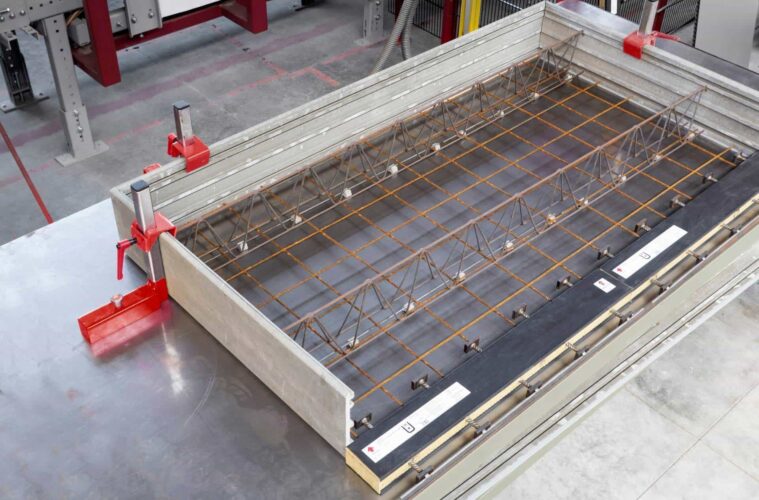In the construction industry, a crucial part of the building process is formwork. Essentially, formwork is the glue that holds everything together during the earliest phase of a building project. It is a mold that keeps concrete securely in place after being poured. Without this mold, concrete can seep out or fail to strengthen while it hardens and cures. Before using formwork, there are seven items to consider before undertaking a construction project.
Always Figure the Cost of Formwork Into the Budget
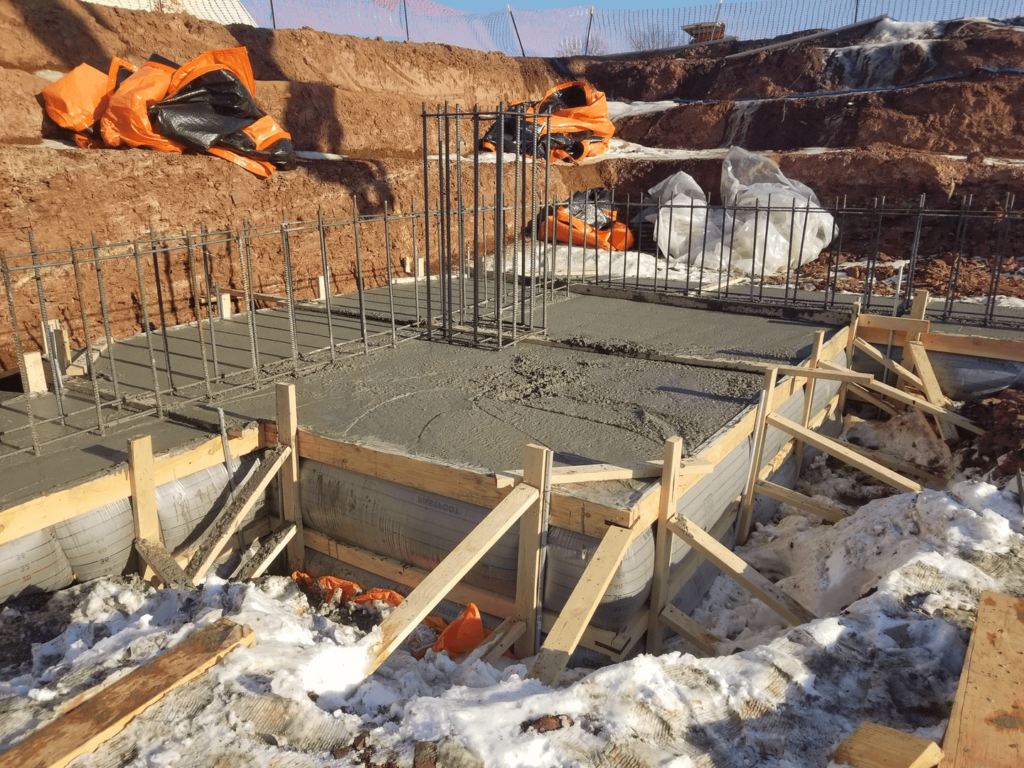
source: forconstructionpros.com
Formwork is also known as shuttering in the construction industry. It can be permanent or reusable, depending on the need at hand. Permanent Concrete Formwork is known as a stationary form. When it’s reusable, it’s referred to as a panel form. Both provide the same service, but with the cost of formwork usually averaging around 25% of a building project, many contractors prefer to use panel forms whenever possible.
Understand What Formwork Does
Formwork allows a contractor to make any project design come to life. Formwork makes any shape possible, from basic squares and rectangles to circular designs. There are different materials used for formwork. Choose formwork materials based on the available budget and overall scope of the project.
When Timber is The Right Choice
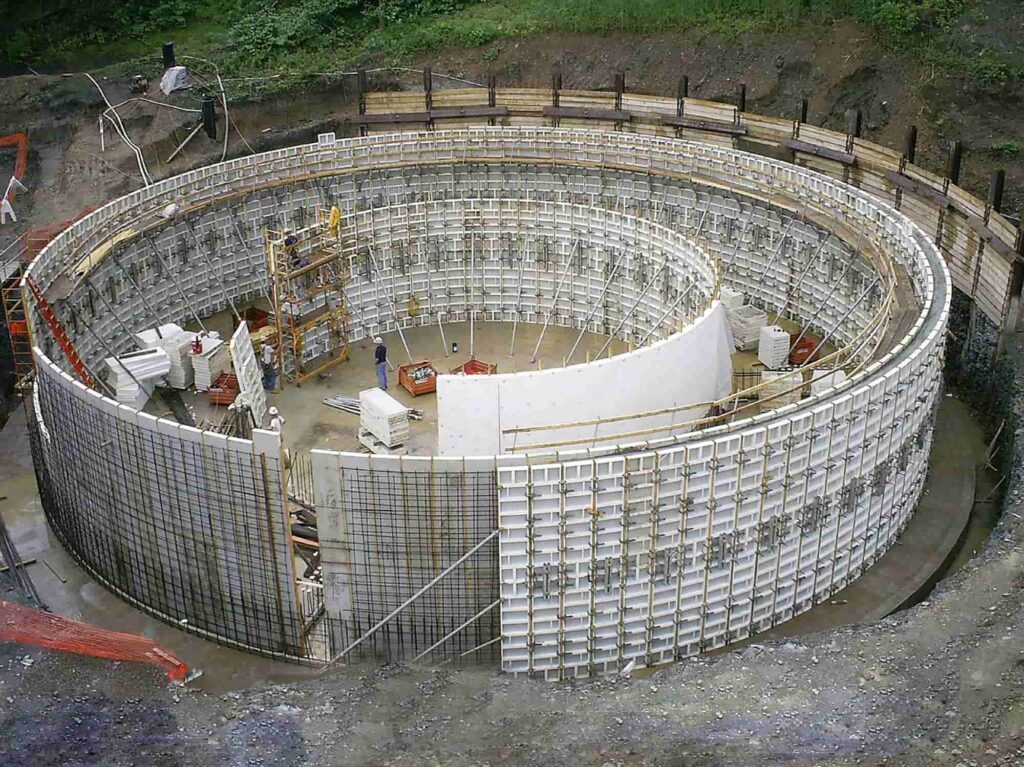
source: pinterest.com
As a rule, timber is an excellent choice for formwork. While it is subject to warping, a water-based treatment may help with this issue. When choosing timber to use for formwork, it should be free of knots, well-seasoned, and lightweight enough to allow flexibility during shaping.
Consider the Weight When Using Formwork
The weight of formwork can quickly add up. Using lightweight materials can help with this issue. Seasoned timber contains less water than unseasoned wood, which makes it a great choice. Additionally, when using steel or other materials, they should also be as lightweight as possible. All formwork requires braces both vertically and horizontally, and these braces add to the total weight.
Other Materials Used in Formwork
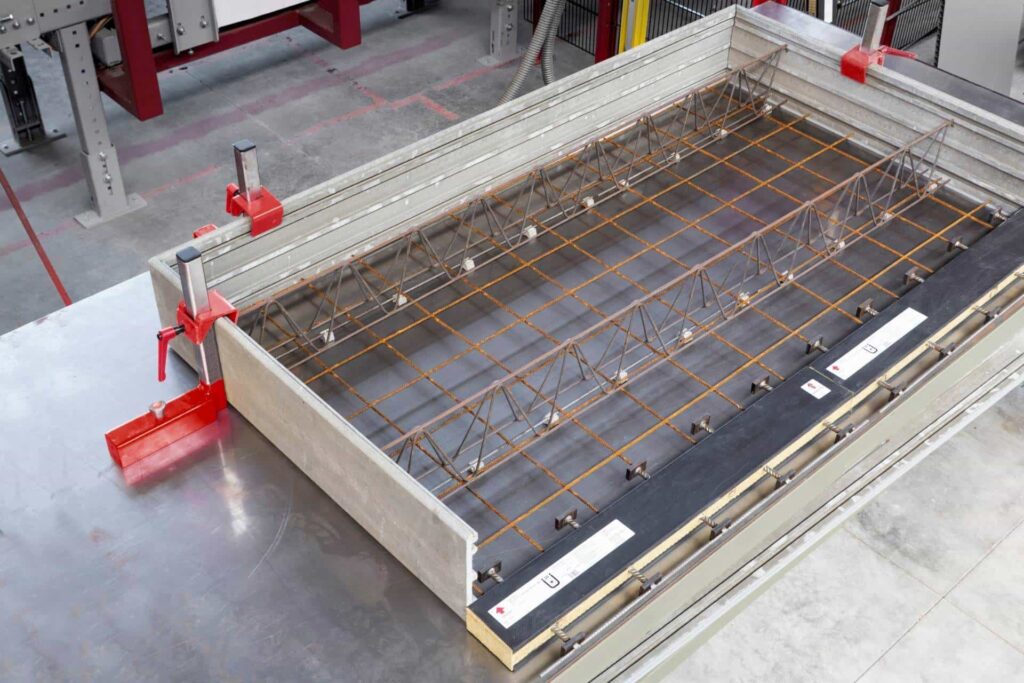
source: maxfrank.com
Plywood, steel, and fiberglass are used in formwork, too. When trying to keep the cost down, using resin-bonded plywood with timber to create formwork panels is an excellent choice. However, for large construction projects, steel is the material selected most often. The key to keeping steel formwork lightweight is to use thin strips with stiffened, angled edges. The slanted edge prevents the steel from bending without requiring heavier steel pieces to do so. Clamps or bolts and nuts position the steel formwork securely. Steel formwork lasts longer than timber and is much stronger. In addition to wood and steel, fiberglass and aluminum make excellent options when creating formwork for curved projects.
Steel Formwork is Reusable
One nice thing about using steel formwork is that it can be reused or sold. Steel formwork is durable, lasts a long time, and contractors often sell it after use to recover their investment. For jobs that have limited funds, purchasing used formwork is a wise decision.
Ways to Reduce the Cost of Formwork
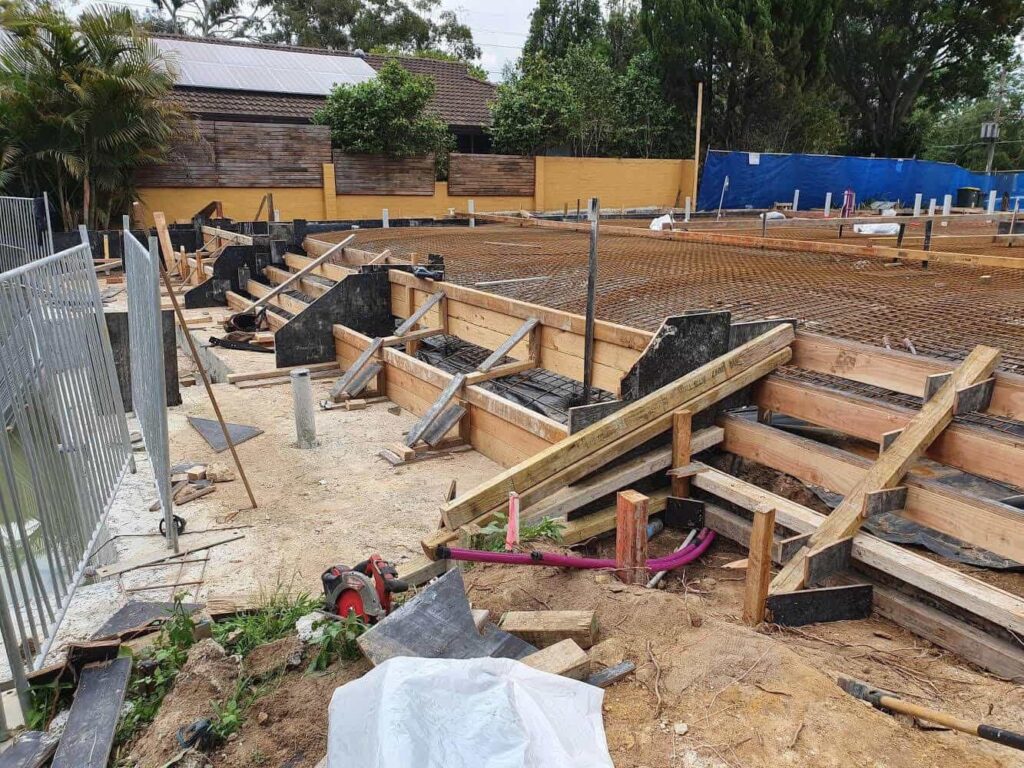
source: mastaconcrete.com.au
Formwork is a big part of any building project’s cost. With that said, there are several ways to keep the cost down. Building rooms that are uniform in shape and size is one way since it allows a contractor to reuse the formwork in multiple areas. When wood is used for formwork, making fewer initial cuts leaves more wood material for future projects.
Formwork is used everywhere in the construction industry. There’s a reason for that. Formwork creates sturdier buildings that are exact in design and shape. Without it, concrete may not cure properly, which can cause structural issues down the line.

